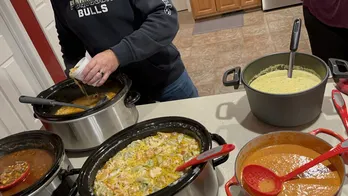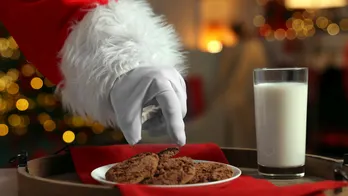‘Tis the season for giving, receiving, eating and drinking — and while traditional food dishes are likely a staple in households all over the world, a signature bottle of wine may be missing from family gatherings.
Annually, wine tasting, winemaking and education are welcomed into American homes as hobbies everywhere, though Californians consume the greatest volume of wine each year, according to Statista.
As amateurs develop a newfound appreciation for the fermented fruit this season and open corks welcome a fruity, floral or woodsy aroma into a room, some sippers may tense at the thought of wine discussion or ordering.
WINE DRINKERS MAY HAVE DINOSAURS TO THANK AFTER 60M-YEAR-OLD GRAPE FOSSIL SEEDS ARE FOUND BY SCIENTISTS
"Wine has an air of pretentiousness at times," Erik Elliott, state director of Heitz Cellar in northern Napa Valley, California, told Fox News Digital. "People gravitate toward what they know oftentimes, and it limits the opportunities for them."
Elliott is a master sommelier of 12 years with expertise blossoming from his hometown of Philadelphia, plus Aspen, Colorado, and Napa Valley.
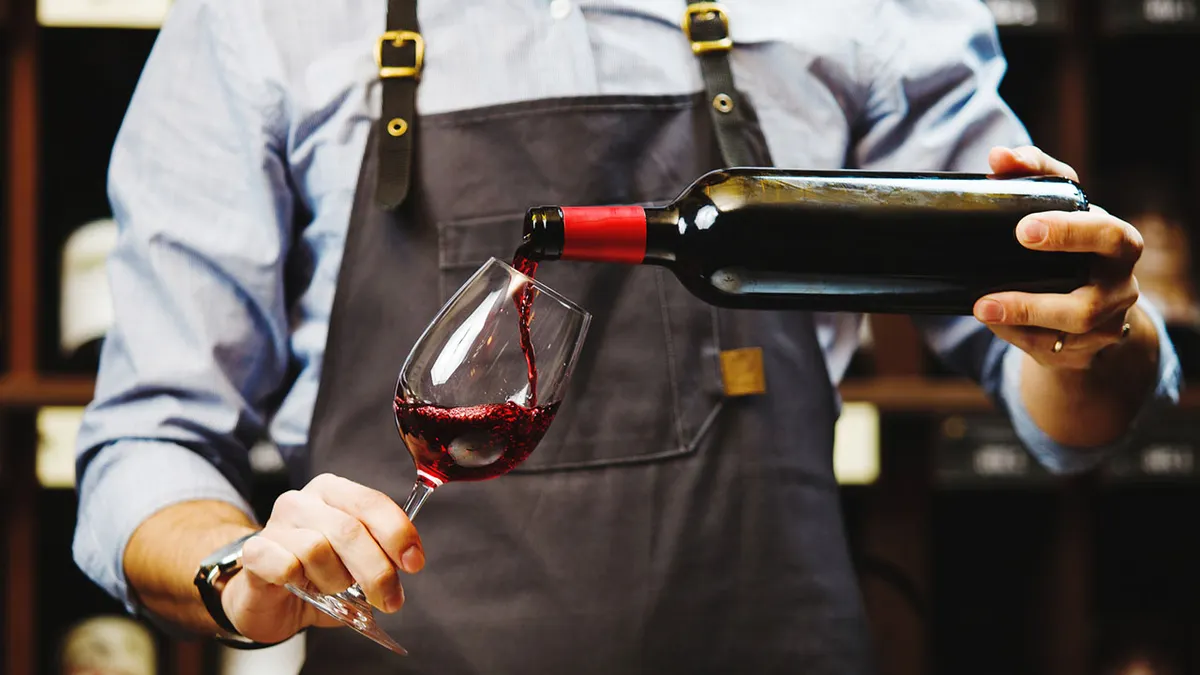
Whether you’re gifting a host a bottle of wine in exchange for an invitation to an event or sharing a carafe among family and friends at a fancy restaurant, taking a simplistic and unabashed approach to wine selection is how Elliott recommends an individual adapt their palette to wine.
"I would first start just drinking the classics," Elliott said.
He recommends bottles produced from Napa Valley, Chablis in France and Rioja in Spain, some of which trace back centuries.

"You put a bottle of wine on the table that everybody shares and it just kind of has this gravity to it," Elliott said.
Order wine with confidence
"Sommeliers are in service and hospitality," Elliott said. "Don't let anybody ever make you feel bad or tell you this is wine you should or shouldn't be drinking."
Wine is a category that has previously intimidated consumers, so Elliott recommends striking up a conversation with a waiter, bartender or sommelier to open your mind to varieties and provide education.
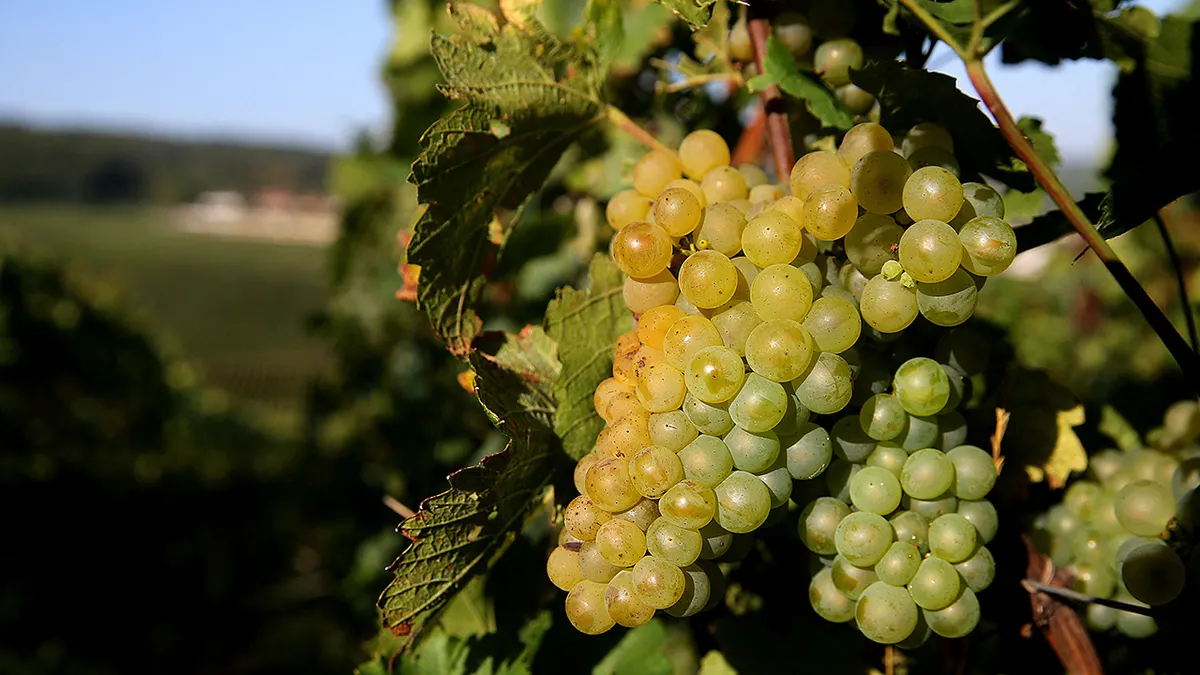
If you can’t pronounce a wine country or bottle’s moniker, Elliott suggests making a joke.
"Sometimes taking wine less seriously will allow people to feel more comfortable in this space," he said. "Pick a word you are comfortable with. They will confirm it back to you."
He added, "Depending on the size of the wine list, use a bin number. It's going to have a bin number to the left of it. You can order wines very seamlessly with that in mind."
Choose a preferred price point
Whether you’re dining out at a highly recommended restaurant or walking along the wine selection at your local grocer, prices before flavors are likely to stand out.
MEAD, THE ALCOHOL BETTER KNOWN AS HONEY WINE, IS ‘LIQUID HISTORY IN A GLASS’
"Don't be afraid to tell someone, ‘This is the price point I’m comfortable with, and this is some wine I've enjoyed recently,'" Elliott said of ordering at a restaurant.
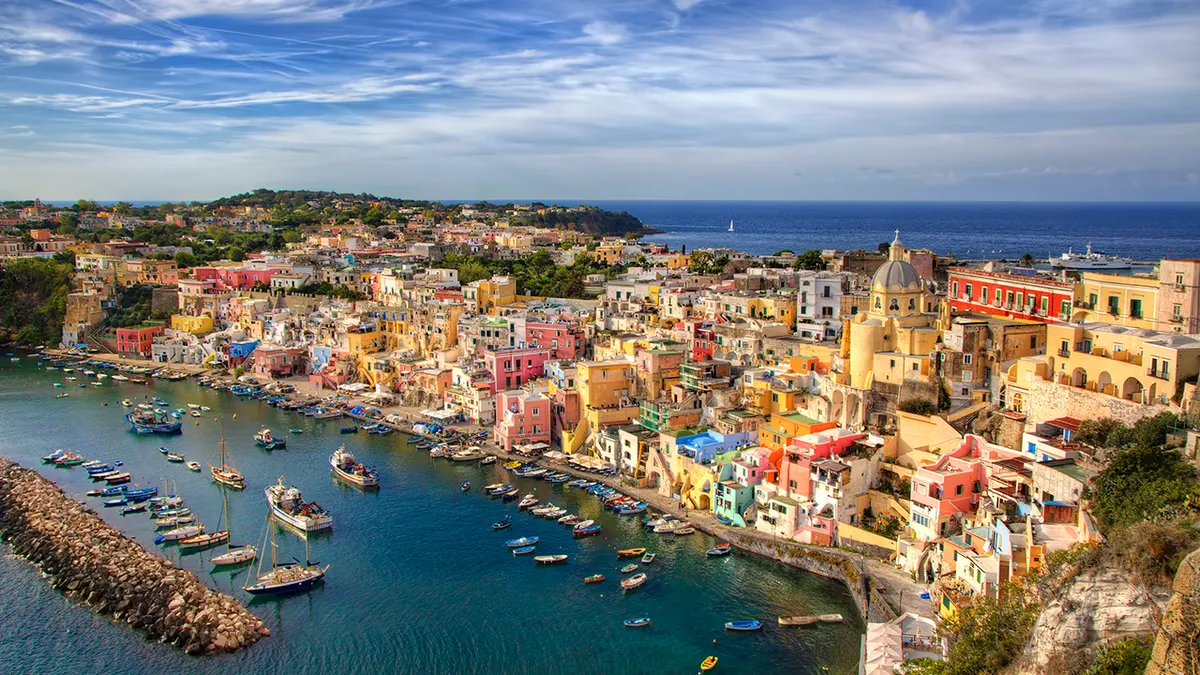
Elliott said bottle prices begin between $25-$30 and, if in this range, a consumer should expect a lot of automation as part of the wine’s development, which includes mechanizing farming and unconventional vineyard practices.
"That’s not a bad thing," he said. "Everybody’s got a different journey into wine."
Proceeding into the next price point, Elliott said consumers should expect to spend $50-$100 for a bottle of artisan wine, which is smaller in production and grows organically.
"It does cost more to farm organically," he said.
For $120-$250, wine aficionados or connoisseurs should anticipate "incredible value" and "much more sight specificity" from a bottle at this price point, according to Elliott.
"What you get is far superior and better for you as a consumer," he said of wine at this market value. "They typically give people a much better feeling."
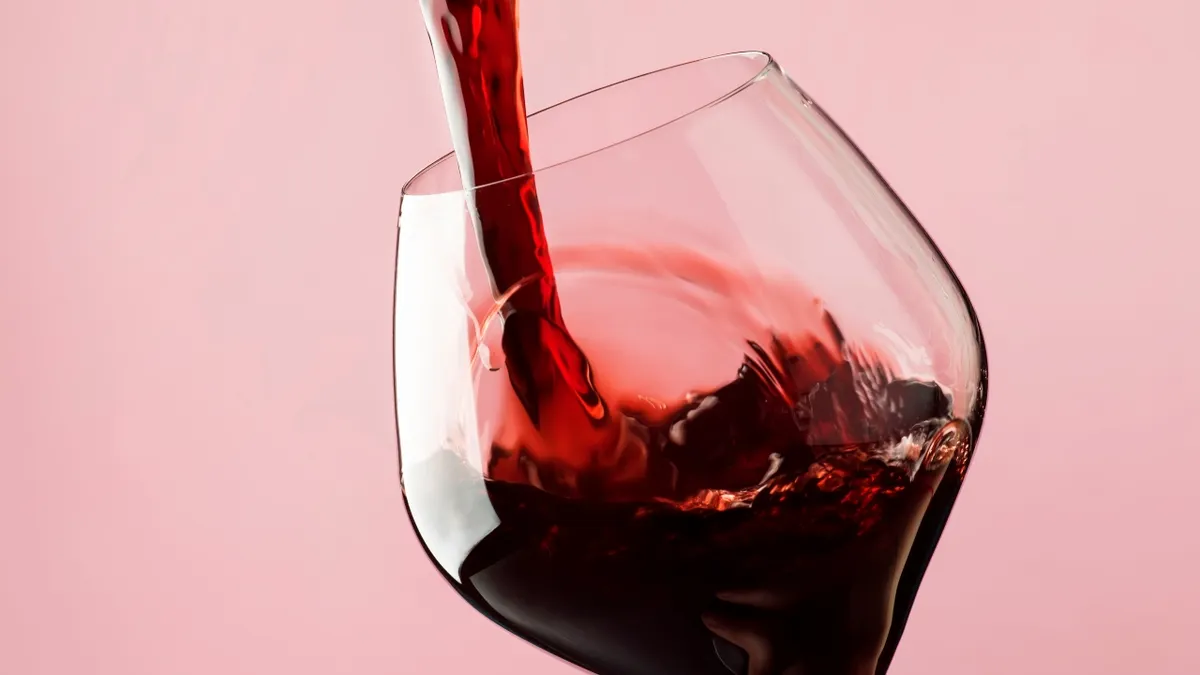
"A lot of the time, those wines have significant age on them," Elliott said.
"They come from heralded locations. It can open a realm of flavor a young wine hasn't reached yet."
Pair wine and food items over the holidays
"Bartenders often know the wine list in and out and have recommendations for food and wine pairings," Elliott said.
HERE ARE THE DRINKS YOU SHOULD HAVE ON A FLIGHT TO PREVENT DEHYDRATION — AND WHAT YOU SHOULDN'T
He recommends letting sommeliers know what you're ordering for dinner and asking for instructions from there.
"Often you'll see their eyes light up because those are the conversations that we love having," Elliott said.

For a petite filet, Elliott recommends a Chateauneuf-du-Pape wine, as the presence of fruitfulness and ripeness will complement the texture of the beef.
"Wine isn’t made in ugly places," Elliott said.
TO SIGN UP FOR OUR LIFESTYLE NEWSLETTER
If a red pasta dish is where your gaze has settled, Elliott recommends Italian wines, such as those from the Piedmont region.
"What grows together, goes together," Elliott said. "Italy is kind of the home of pasta and a lot of Italian wines pair well with it."
For those who can’t pass up a dessert, Elliott recommends pairing a chocolaty treat with a Ruby Port wine.
"It will lift the character of chocolate," he said. "You can get incredible aged ports for reasonable prices. You can drink stuff from the ‘60s and ’70s often for $100-$200."
For more Lifestyle articles, visit www.foxnews.com/lifestyle
"I think that is pretty unique," he added.


